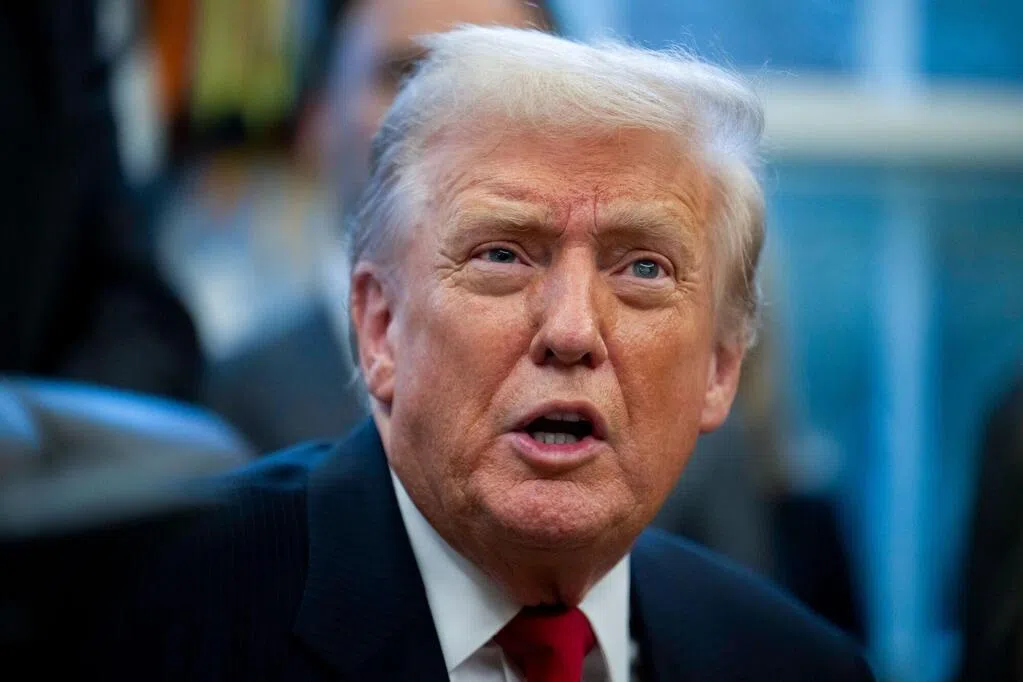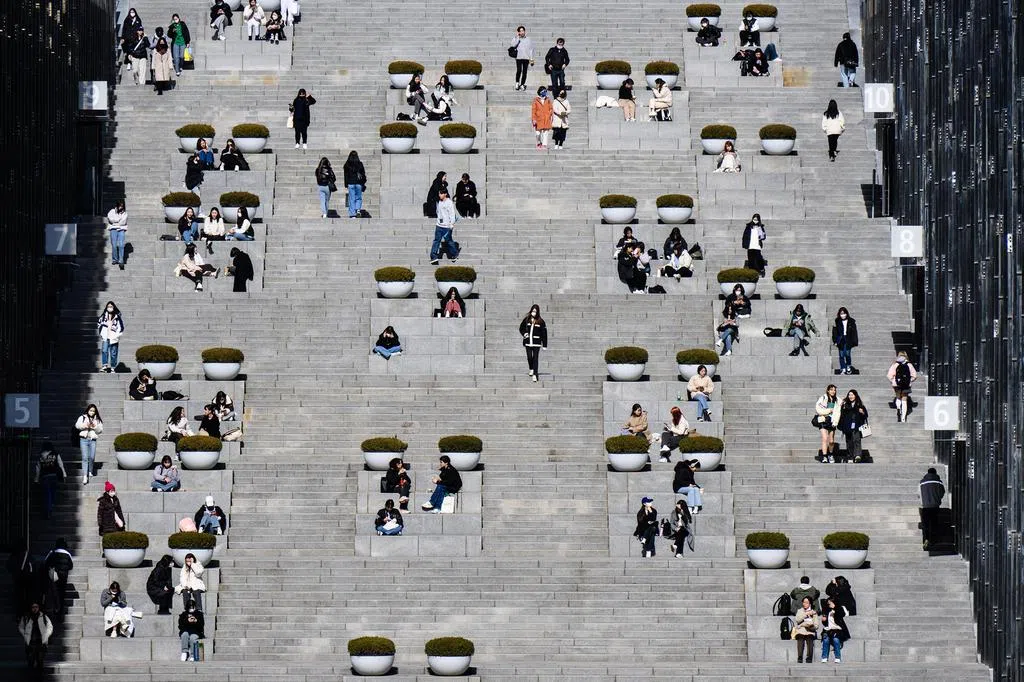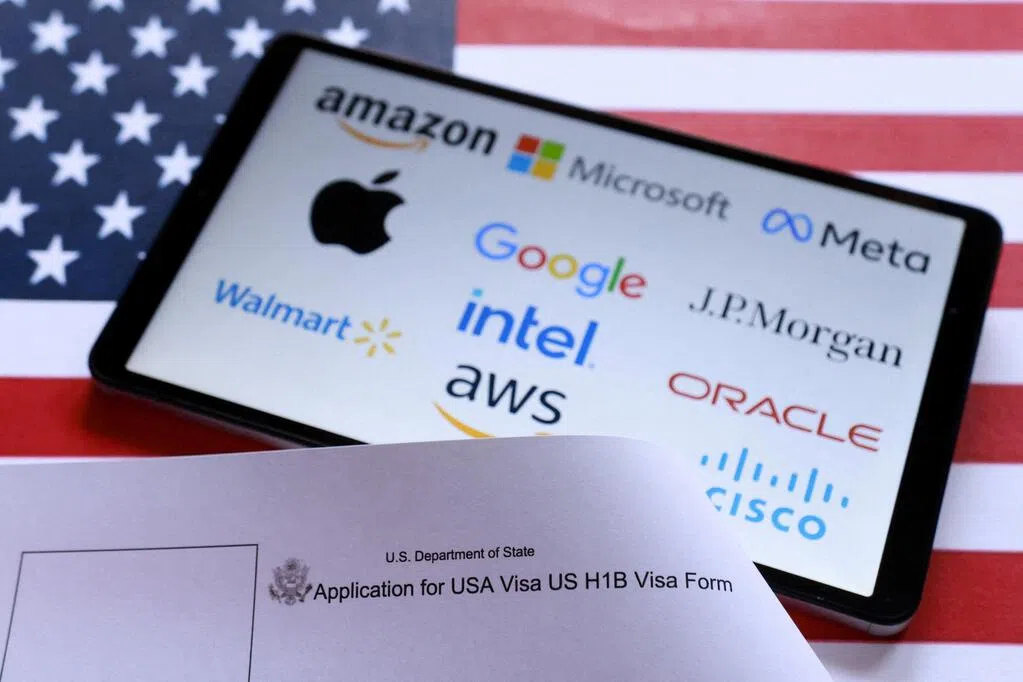(Philadelphia) Adjustments to U.S. visa policies and heightened geopolitical uncertainty are reshaping global talent mobility, prompting international graduate students to increasingly favor Asian business schools.
According to a report by Nikkei Asia, a survey by the Graduate Management Admission Council (GMAC), a non-profit international organization, shows that the number of international students applying to U.S. business programs decreased by 3% in the 2025-26 academic year compared to the previous year, but increased by 1% in the 2024-25 academic year. Similar trends were observed in Canada and the UK, with international student applications declining by 47% and 5%, respectively. During the same period, international applications to East and Southeast Asian business schools increased by 2% year-on-year, while applications from India increased by 26%.
This survey, covering 326 business schools in 41 countries, revealed that one-third of U.S. master's degree programs reported the largest decrease in Indian applicants, while 26% reported the largest decrease in Chinese applicants.
Students choosing to pursue advanced business degrees in Asia prefer proximity to their schools, especially in English-language regions such as India, Singapore, and Hong Kong. The rising global rankings of Chinese higher education institutions are also attracting some international students to China.
"Over the years, many Asian universities have enhanced their reputations through extensive public-private partnerships, corporate sponsorships, and domestic collaborations with top foreign business schools," said Walker, Director of Marketing Communications at GMAC.
Further Reading


Asian business schools are seeing a surge in applications, thanks in part to their economic influence and marketing strategies.
Following Trump's inauguration in February, the U.S. government tightened student visa screening procedures, resulting in the revocation of over 6,000 international student visas. In May, the U.S. government threatened to cancel visas for Chinese students, a move that, while not ultimately implemented, has caused considerable unease among international students.
Asian higher education institutions are seizing the opportunity to welcome international students who no longer wish to remain in the U.S. Chen Kailu, director of the Singapore-based education consultancy theRightU, said that Chinese residents in Singapore are becoming more cautious about enrolling in U.S. schools due to uncertainty surrounding U.S. visa and immigration policies, longer processing times, and stricter documentation requirements.
According to the Association of International Educators, international students contributed over $43.8 billion (approximately S$57 billion) to the U.S. economy in the 2023-24 academic year. Asian students also contribute to promoting business cooperation, investment, and exchange between the U.S. and Asia.



